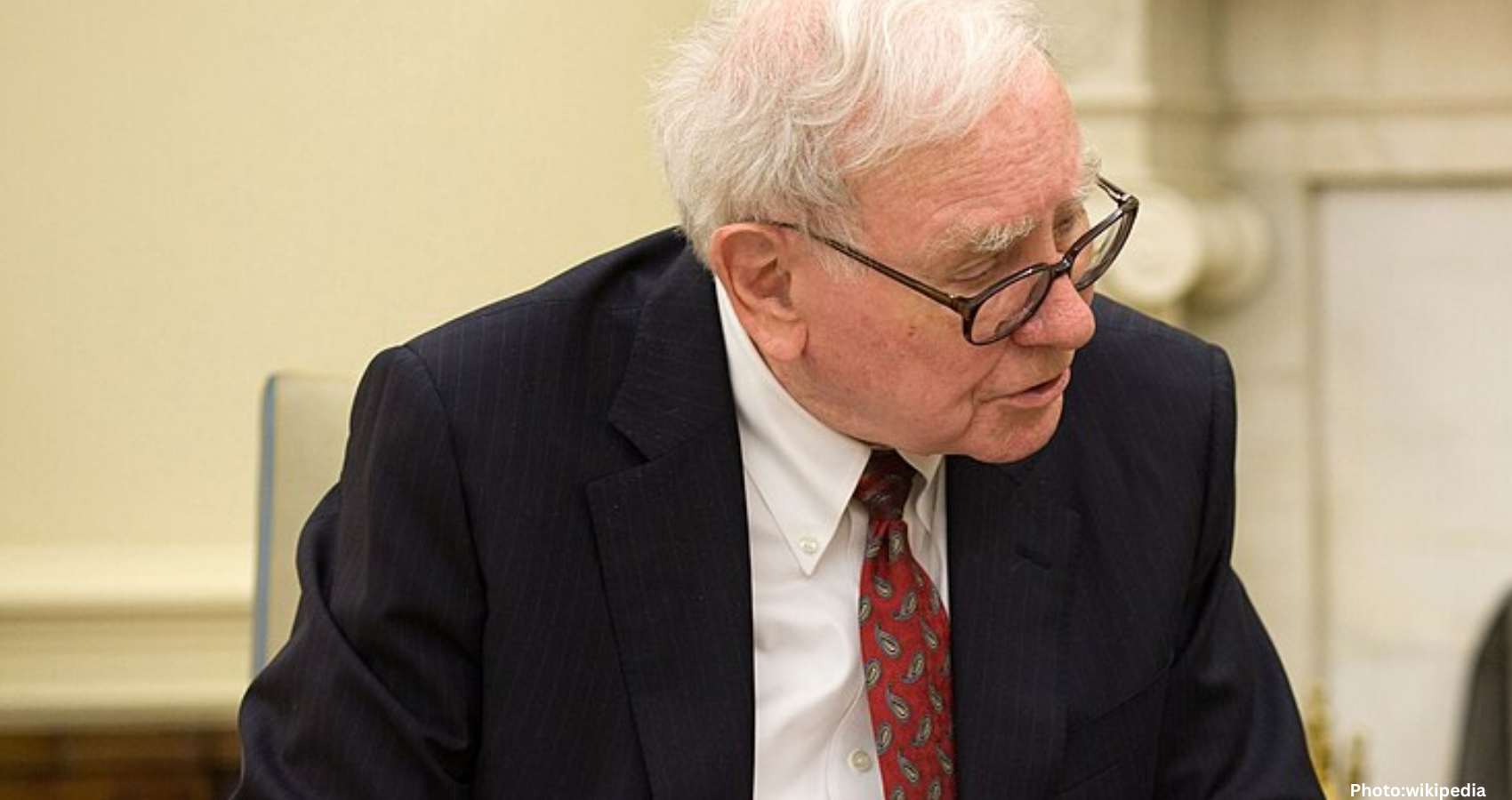Billionaire investor Warren Buffett, at 95, is preparing to step down as CEO of Berkshire Hathaway, acknowledging the realities of aging while reflecting on his legacy in the investment world.
Warren Buffett, the 95-year-old chairman and CEO of Berkshire Hathaway, announced on Monday that he is preparing to step down from his role at the renowned investment firm. In a candid reflection on aging, Buffett stated that “becoming old” is “not to be denied.”
Despite his age, Buffett expressed that he generally feels good, although he acknowledges some physical limitations. “Though I move slowly and read with increasing difficulty, I am at the office five days a week, where I work with wonderful people,” he wrote. He humorously noted, “I was late in becoming old … but once it appears, it is not to be denied.”
Buffett, often referred to as the Oracle of Omaha for his remarkable track record in stock picking, provided a rare update on his health as he prepares for his hand-picked successor, Greg Abel, to take over leadership at the end of this year.
Born on August 30, 1930, in Omaha, Nebraska, Buffett displayed an early aptitude for business and investing, purchasing his first stock at the age of 11. He furthered his education at the University of Nebraska and later studied under Benjamin Graham at Columbia University, where he learned the principles of value investing. This approach emphasizes buying undervalued companies with strong fundamentals and holding them for the long term.
Buffett began his investment career through partnerships, gradually building his expertise and reputation for disciplined investing. In the early 1960s, Berkshire Hathaway, originally a struggling textile manufacturer, caught his attention. Buffett began acquiring shares in 1962, initially attracted by the company’s liquidation value. By 1965, he had taken majority control and shifted the company’s focus from textiles to investments and acquisitions.
Under Buffett’s leadership, Berkshire Hathaway transformed into a diversified holding company, acquiring various businesses, including insurance firms like GEICO, railroads such as BNSF Railway, utilities, and consumer brands. His disciplined approach to capital allocation has been a hallmark of the company’s success.
Buffett’s investment philosophy centers on acquiring companies with durable competitive advantages, competent management, and clear intrinsic value. Over the decades, this strategy has turned Berkshire Hathaway into a multibillion-dollar conglomerate, showcasing the effectiveness of long-term value investing.
As of 2025, Berkshire Hathaway remains a benchmark for investors globally. Buffett’s careful stewardship has left a legacy characterized by disciplined investing, strategic acquisitions, and the importance of patience, integrity, and vision in business.
The company is well-known for its disciplined acquisition strategy, focusing on businesses that generate consistent cash flow. Among its most notable acquisitions is Precision Castparts, purchased for approximately $37.2 billion in 2016. The acquisition of BNSF Railway in 2010, valued at around $34 billion including debt, marked a significant move into the transportation sector.
Other major acquisitions include Heinz/Kraft Heinz for $28 billion in 2013, General Re for $22 billion in 1998, and Alleghany Corporation for $11.6 billion in 2022. These transactions highlight Berkshire’s ongoing focus on insurance and reinsurance.
Berkshire has also made substantial investments in utilities and energy, with purchases such as Dominion Energy’s gas transmission assets for $10 billion in 2020 and Pacificorp for $9.4 billion in 2005. These acquisitions reflect Buffett’s preference for stable, regulated industries that provide predictable cash flow and long-term stability, aligning with the company’s conservative investment philosophy.
In the chemicals and manufacturing sectors, the $9.7 billion acquisition of Lubrizol in 2011 expanded Berkshire’s exposure to specialty chemicals, complementing its industrial and consumer businesses. These acquisitions underscore Buffett’s focus on companies with strong competitive advantages and predictable earnings.
Berkshire Hathaway’s investment strategy is not limited to wholly-owned acquisitions. The company is renowned for its strategic minority equity stakes, particularly in Coca-Cola since 1988 and Apple since 2016. These long-term investments allow Berkshire to benefit from high-performing companies while maintaining a diversified portfolio.
Buffett’s philosophy emphasizes acquiring businesses with strong cash flow and durable competitive advantages. He favors companies with consistent earnings, capable management, and straightforward business models. This strategy has guided Berkshire in blending wholly-owned companies with minority stakes to create a diversified and resilient investment portfolio.
Even with large-scale acquisitions, Berkshire maintains a conservative financial structure. Some figures related to acquisitions may not reflect the most recent adjustments, such as impairments or changes in stake values, particularly for Kraft Heinz. This transparency ensures the company’s financial stability while pursuing long-term growth opportunities.
As Buffett prepares to step down, his legacy as one of the most successful investors in history is firmly established, leaving an indelible mark on the investment landscape.
Source: Original article

